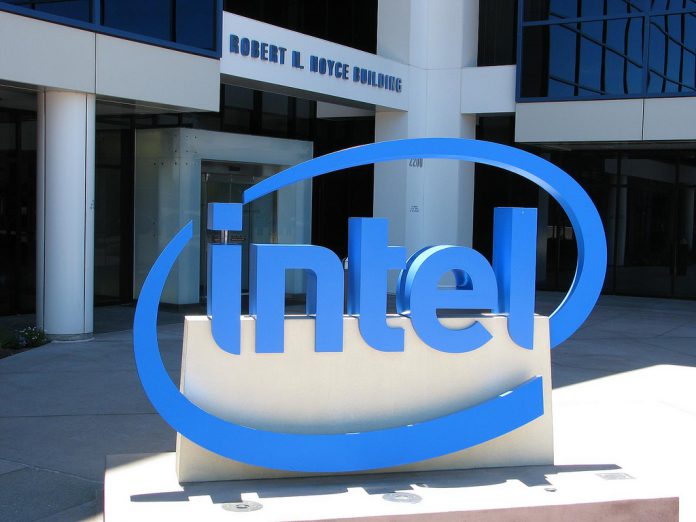Seven years ago, Intel was hit with a $1.19 billion for bad practices against rival AMD. It had been providing rebates to Dell, HP, and Lenovo for buying the majority of chips from Intel, rather than its competitors. “The effects of these practices were complementary, in that they significantly diminished competitors’ ability to compete on the merits of their x86 CPUs,” said the general court in Luxembourg. “Intel’s anti-competitive conduct thereby resulted in a reduction of consumer choice and in lower incentives to innovate.” Intel quickly challenged the decision, but its arguments were rejected. The court ruled that the Intel antitrust sanction was not too severe, noting it was only 4.15% of the company’s 2008 turnover.
European Court of Justice Ruling
Of course, Intel didn’t give up there. It took the appeal to the European Court of Justice, its highest court. Court advisor Nils Wahl questioned last year if the practice really harmed competitors. He said the lower court did not provide evidence, referring it back for a fresh review. His argument is that Lenovo and HP could still buy a significant amount of x86 CPUs from AMD. The court is considering the case as a result, and that will take a while. At a Concurrance-organized press conference, General Court vice-president Marc van der Woude said “I expect a judgment sometime next year.” Reuters suggests that the case may set a precedent, and could affect Google and Qualcomm, who are both “in the EU’s crosshairs”.




